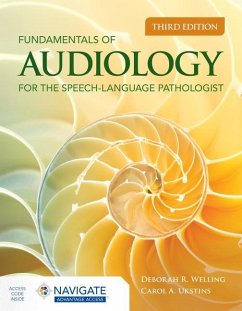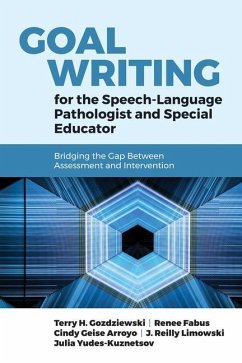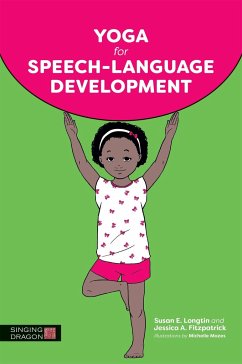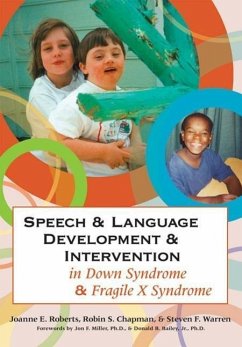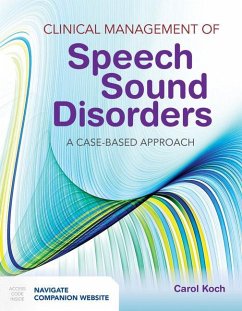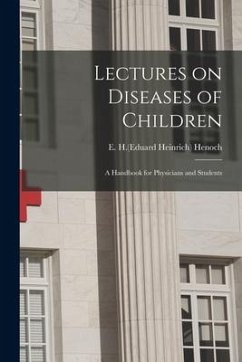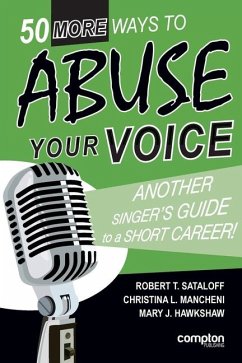Nicht lieferbar
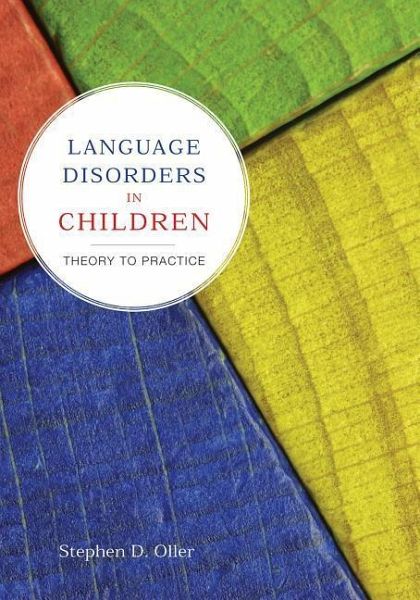
Language Disorders in Children: Theory to Practice
Theory to Practice
Versandkostenfrei!
Nicht lieferbar
With increasing emphasis placed on high stakes testing and evidenced based practice, it is more important than ever that speech language pathologists receive training that will prepare them to accurately assess, diagnose, and treat children with language disorders. More importantly, these clinicians need information that will allow them to make sense of the myriad disorders (or more appropriately, categories), such as specific language impairment, dyslexia, pervasive developmental disorders, and acquired injuries. Language Disorders in Children: Theory to Practice provides students with a comp...
With increasing emphasis placed on high stakes testing and evidenced based practice, it is more important than ever that speech language pathologists receive training that will prepare them to accurately assess, diagnose, and treat children with language disorders. More importantly, these clinicians need information that will allow them to make sense of the myriad disorders (or more appropriately, categories), such as specific language impairment, dyslexia, pervasive developmental disorders, and acquired injuries. Language Disorders in Children: Theory to Practice provides students with a comprehensive theory of language and disorders that will enable them to better differentiate levels of severity within and across disorders, as well as evaluate/develop effective treatment protocols for the various children they serve. This theoretical perspective has been developed in the research literature and is grounded in data from normal development as well as disordered development. The text demonstrates that a disorder at the lowest level can affect even the highest level of functioning, and vice versa. The text also allows us to look at language and, more importantly, language disorders, from three positions: that of the speaker, that of the listener, and that of the environment in which the interaction takes place. Using this scheme, the book makes it possible to view disorders and their treatments as not just a function of the individual with the disordered label, but as a multi-faceted phenomena. Additionally, through a theory of language grounded in language use, the text proposes solutions to problems facing clinicians in areas of both assessment and treatment with multicultural populations.




